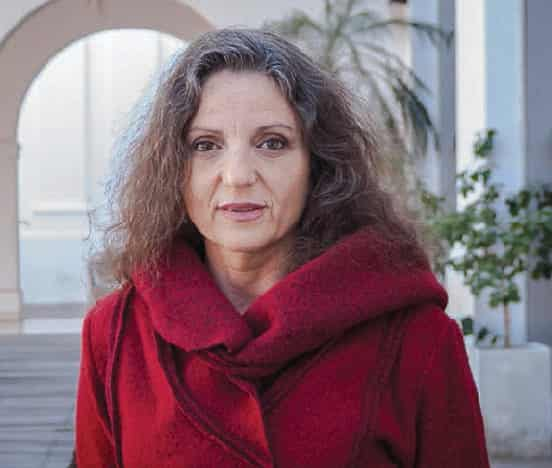Sandra Díaz, a professor and researcher at the National University of Córdoba (UNC), has been awarded the prestigious Tyler Prize for Environmental Achievement. This recognition, often referred to as the “Nobel Prize for the Environment,” honors individuals who have made significant contributions to environmental science and policy.
She shares the award with Brazilian-American anthropologist Eduardo Brondízio, making them the first two South Americans to receive this distinction. The prize committee described them as “powerful voices from the Global South” in the field of ecology.
Commitment to Biodiversity and Environmental Justice
The Tyler Prize executive committee awarded Díaz and Brondízio for their dedication to addressing biodiversity loss and its impact on human societies. According to Julia Marton-Lefèvre, chair of the committee, “Sandra Díaz’s work has been fundamental in redefining how biodiversity is conceptualized and valued worldwide.”
Both researchers, who will share a $250,000 prize, emphasize the deep interconnection between humanity and nature. In their joint statement, they urged society to recognize its shared responsibility in preserving the web of life. “Socio-environmental justice and respect for our connections with other life forms on Earth must cease to be abstract concepts,” they stated.
Díaz and Brondízio collaborated on the 2019 Global Assessment Report of the Intergovernmental Science-Policy Platform on Biodiversity and Ecosystem Services (IPBES). They also contributed to the United Nations Convention on Biological Diversity.
A Distinguished Career in Science
Sandra Díaz was born in Bell Ville, 210 kilometers southeast of Córdoba’s capital. She graduated from the Faculty of Exact, Physical, and Natural Sciences at UNC, where she continues to teach. She is also a senior researcher at the National Scientific and Technical Research Council (Conicet) at the Multidisciplinary Institute of Plant Biology.
Her scientific achievements have been recognized worldwide. In 2019, she was named a fellow of the Royal Society, one of the oldest scientific academies in the world, founded 360 years ago in London. She is also a member of the academies of sciences in the United States and France. Additionally, she received the Princess of Asturias Award for Scientific and Technical Research in 2019 and the Linnean Society Medal in London. In 2018, Nature magazine listed her among five scientists “to watch.”
The Root of Three Global Crises
During the press conference announcing her award, Díaz highlighted how humans are “deeply intertwined with the fabric of life on Earth.” She challenged the traditional perspective that separates humanity from nature and stressed that biodiversity should not only be measured by the number of species but also by their functional roles within ecosystems.
Díaz also addressed climate change denial and the indifference of some global political leaders toward environmental conservation. “The growing narrative that private profit should take precedence over the common good is extremely dangerous for our shared future. If these narratives take hold and spread, we run a serious risk of missing the opportunity to secure a better future,” she warned.
She further argued that the environmental crisis, the climate crisis, and extreme social inequality share a common root: “The simple and ancient concept of greed on a massive scale. This model of relating to the planet views other life forms and even other human beings as mere objects to be exploited for maximum gain,” she emphasized.
About the Tyler Prize
The Tyler Prize for Environmental Achievement is administered by the University of Southern California. Established in 1973 by John and Alice Tyler, it has since recognized individuals whose work has significantly contributed to environmental science, policy, and conservation.
Sandra Díaz’s recognition highlights the vital role of South American researchers in the global conversation on biodiversity and environmental justice. Her work continues to inspire scientists, policymakers, and environmental advocates worldwide.

